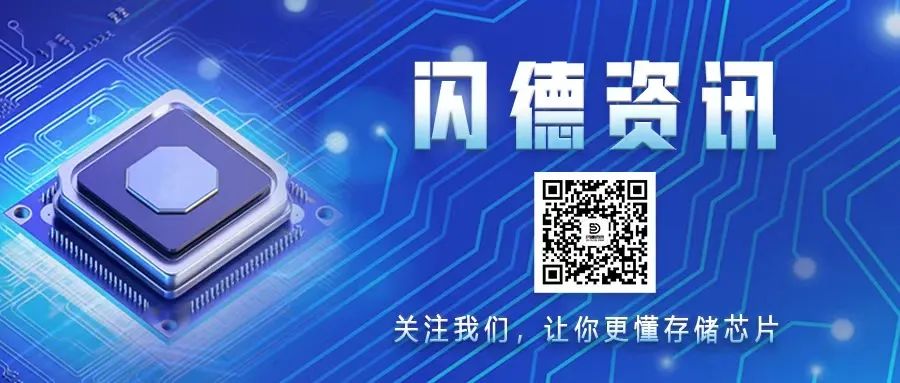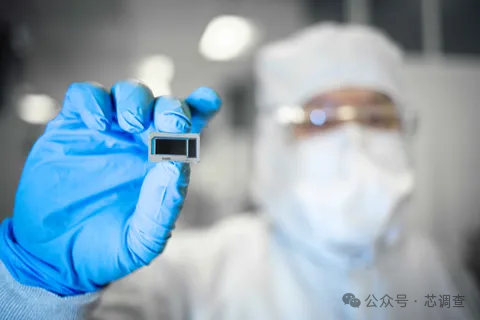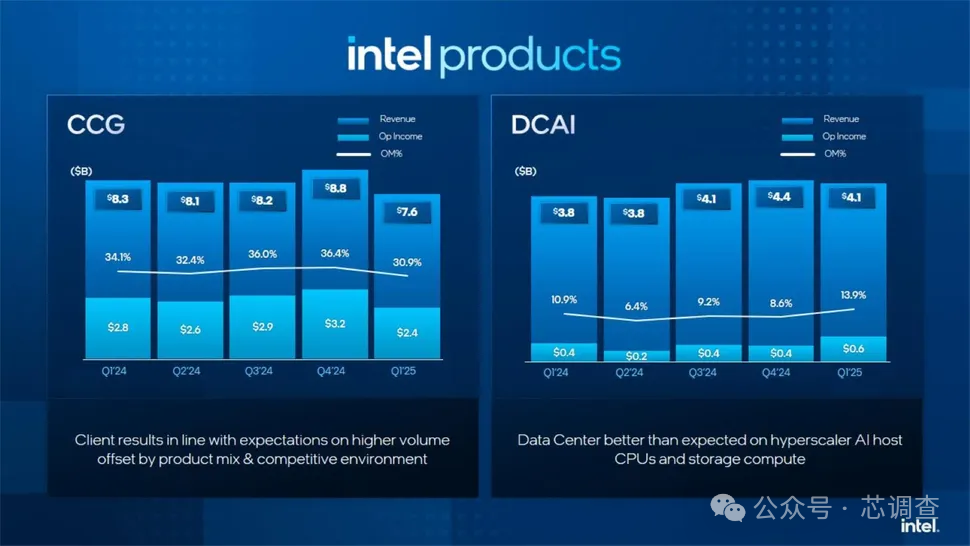
Intel is facing tougher times as the sales of its newly promoted AI PC chips have not met expectations, leading to a shortage of older chip production capacity.
Intel announced that it will lay off employees in the second quarter, and various negative news has caused its stock price to plummet.
Intel stated that customers are purchasing the older, lower-priced Raptor Lake chips instead of the new, significantly more expensive AI PC models, such as the Lunar Lake and Meteor Lake chips for laptops.

During a conference call, Intel announced that it is currently facing a capacity shortage at the 7nm process node, which is expected to persist for the foreseeable future.
This shortage is unexpected as Intel’s current generation of chips utilizes TSMC’s newer process nodes rather than Intel’s older nodes.
Intel has extensive experience in capacity planning, so the information indicates that sales of older chip products have seen an unexpected increase.
Intel explained that the 7nm capacity shortage is due to an unexpected surge in demand for N-1 and N-2 products (referring to the previous two generations of chip series).
This trend is observed in both the consumer and data center markets.
What is truly evident is that there is a significant increase in customer demand for N-1 and N-2 products, which can continue to provide consumers with the system price points they truly need.
Macroeconomic concerns and tariff issues have everyone weighing the pros and cons, assessing what they need from an inventory perspective.
Raptor Lake is a great choice.
Meteor Lake and Lunar Lake are also excellent, but their cost structures are much higher, not only for us but also for OEM manufacturers, as the average selling price of systems is similarly affected.
This raises questions about the upcoming Panther Lake chip, which is scheduled for release later this year.
Intel stated that the Panther Lake release is still on track and is expected to continue achieving success in the commercial market.
Notably, there was no direct mention of the anticipated next-generation AI PC processors being applied to consumer-grade laptops.

However, artificial intelligence still lacks a killer application that can attract a large number of consumers to purchase expensive new laptops.
Instead, most new features revolve around built-in functionalities in existing applications, such as chat and productivity software, which are more nuanced and not flashy enough to trigger a wave of application enthusiasm.
Intel’s last two generations of chips have been plagued by ongoing reliability issues, requiring affected products to undergo comprehensive replacements.
These chips are manufactured using Intel’s 7nm process node, so the unexpected capacity constraints may be influenced by returns exceeding expectations.
Intel’s view on the current state of AI PCs primarily revolves around its own products, which are evidently struggling to progress.
